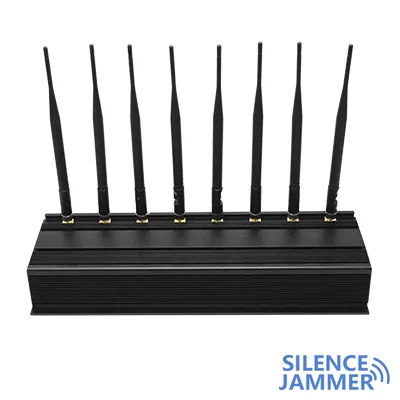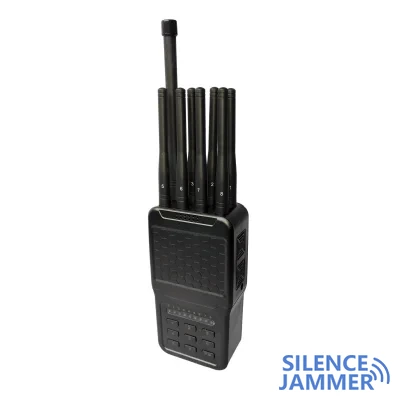Los Angeles Police Warns: Wi-Fi Jammer Burglaries Surge
Introduction
The Los Angeles Police Department (LAPD) recently warned residents of a surge in home burglaries, with criminals using Wi-Fi jammers to disrupt security cameras and smart doorbells to gain access to homes. This trend is particularly prominent in the Wilshire area, and police are reminding residents to take extra security measures to protect their homes. signal jammerThis article will take a closer look at how this criminal tactic works, how the police respond, and what residents can do to prevent it.
cell phone jammerHow Wi-Fi Jammers Work
A Wi-Fi jammer is a device that emits a powerful signal to interfere with wireless network devices. cell phone jammer Criminals use these jammers to interrupt communications in home security systems, making security cameras and smart doorbells unable to work properly, thereby achieving silent intrusions. Although these jammers are easy to buy online and inexpensive, it is illegal to use such devices in the United States. Wifi jammer
Specific Case Analysis
According to the LAPD, in burglaries in the Wilshire area, multiple suspects used Wi-Fi jammers to successfully break into victims' homes and take away a large number of valuables. These cases usually involve 3-4 criminals who first use jammers to disable security devices and then enter the house through the second-floor balcony to look for high-end jewelry, cash and other valuables. In addition, the criminal gangs usually arrange a driver to keep watch outside to ensure that they can quickly escape the scene.
Police response measures
The Los Angeles Police Department has taken active measures to deal with this new criminal method, including issuing warnings and safety tips on social media. They also provide a detailed safety checklist and recommend residents to strengthen physical security measures, such as protecting circuit boxes, installing hard-wired anti-theft alarm systems, upgrading lighting equipment, and trimming shrubs and trees.

Residents' precautions
To deal with the threat posed by Wi-Fi jammers, residents need to take multiple measures to improve home security. First, consider installing hard wiring for security systems to avoid relying entirely on wireless networks. Second, use complementary technologies such as Apple AirTags and Ring Doorbell to increase security coverage. In addition, residents should avoid revealing too much personal information on social media, especially plans to go out on vacation.


